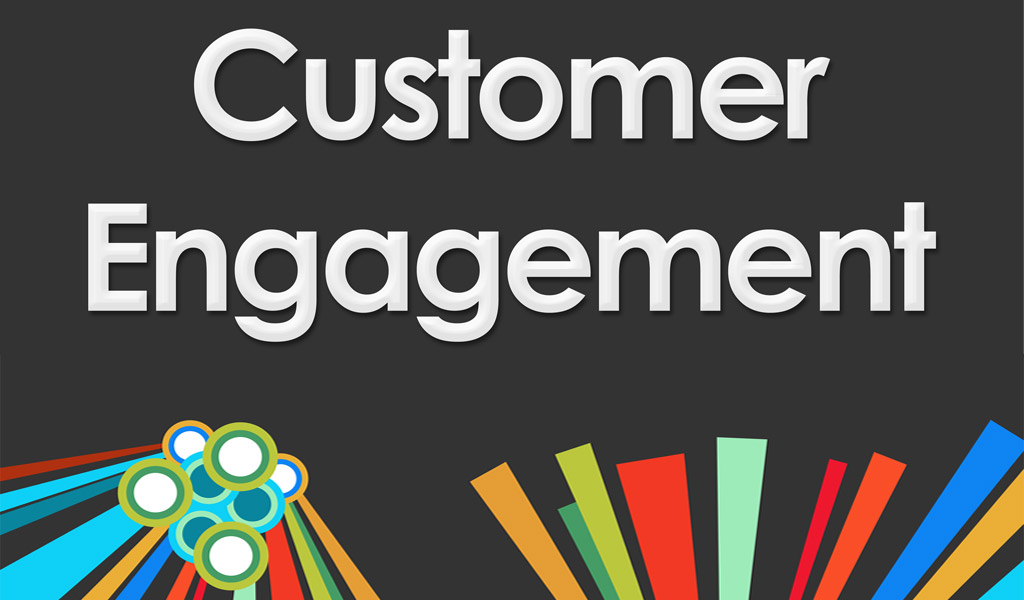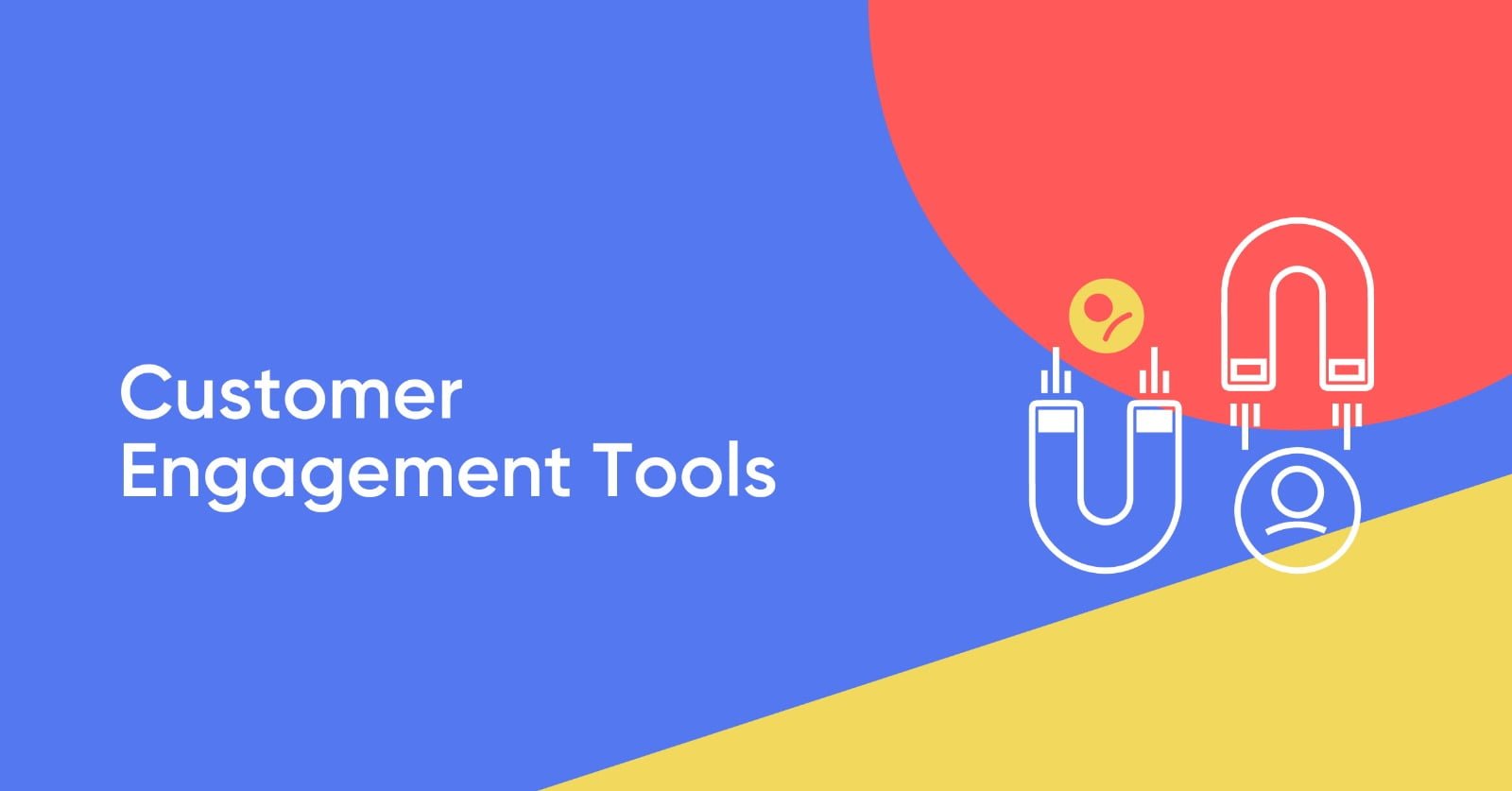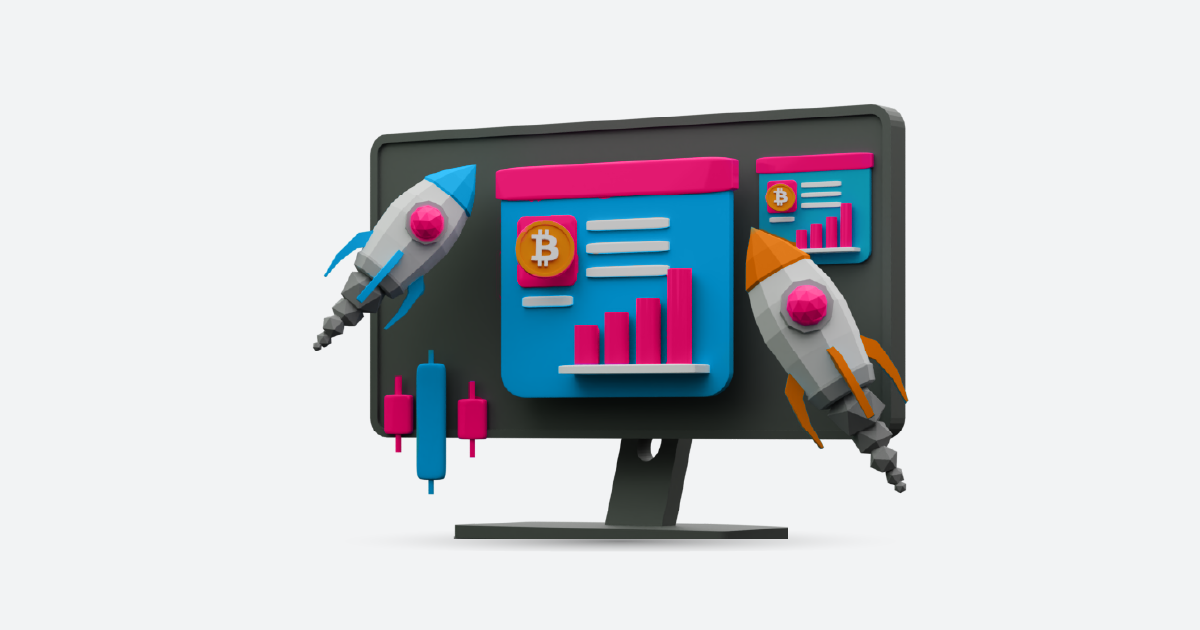In today’s rapidly evolving business landscape, customer engagement is the key to success. It’s not just about acquiring customers; it’s about keeping them satisfied, loyal, and coming back for more. Customer engagement tools have emerged as powerful allies in achieving this goal. In this article, we will explore these tools and how they can transform your business.
What Is Customer Engagement Tools?

Customer engagement is the emotional connection between customers and a brand. It goes beyond transactions and focuses on building lasting relationships. Engaged customers are more likely to be loyal and advocate for your brand.
Why Is Customer Engagement Important?
Customer engagement is vital because it leads to increased customer satisfaction, loyalty, and higher revenue. Engaged customers are more likely to make repeat purchases and refer others to your business.
How Technology Transforms Customer Engagement
In the digital age, technology plays a pivotal role in shaping customer engagement strategies. Let’s explore the various types of customer engagement tools that can revolutionize your approach:
- Social Media Platforms
Social media is a goldmine for customer engagement. Platforms like Facebook, Instagram, Twitter, and LinkedIn provide avenues to connect with your audience, share content, and gather feedback.
- Social Listening Tools
To truly understand your customers, you need to listen to what they’re saying. Social listening tools track mentions of your brand on social media and analyze sentiment, helping you respond effectively.
Crafting Engaging Email Campaigns
Email marketing remains a powerful tool for customer engagement. Craft personalized and relevant email campaigns to keep your audience informed and interested.
Email Automation Tools
Save time and maintain consistency with email automation tools. These tools allow you to schedule and send emails based on customer behavior.
Providing Real-Time Support
Live chat and chatbots are excellent for providing instant assistance. Customers appreciate quick responses to their queries, and these tools can deliver just that.
The Benefits of Chatbots
Chatbots not only handle routine inquiries but also gather valuable data about customer preferences and pain points, helping you refine your offerings.
Managing Customer Data Effectively
A CRM system is indispensable for managing customer data efficiently. It tracks customer interactions, purchase history, and more, enabling personalized experiences.
- CRM Features
CRM software offers features like contact management, sales automation, and analytics, streamlining your customer engagement efforts.
- Creating Personalized Experiences
Customers crave personalization. Use tools that analyze customer data to deliver tailored content, product recommendations, and offers.
- Tools for Personalization
Personalization tools use machine learning to understand customer behavior and preferences, ensuring each interaction feels customized.
Importance of Data Analytics
Data analytics is the backbone of customer engagement strategies. It helps you make data-driven decisions, refine your approach, and measure success.
- Analytics Tools
Choose analytics tools that provide actionable insights into customer behavior, enabling you to optimize your engagement strategies.
Gathering Customer Feedback
Feedback is invaluable. Use feedback and survey tools to collect customer opinions and suggestions, demonstrating that you value their input.
Survey Software
Survey software allows you to create and distribute surveys easily, collect responses, and analyze the results to make informed decisions.
Gamifying the Customer Experience
Gamification adds an element of fun to customer engagement. Implement game-like elements to encourage participation and reward loyalty.
- Tools for Gamification
Various tools can help you gamify your customer engagement efforts, from loyalty point systems to interactive contests.
Seamless Customer Communication
Omni-channel engagement ensures that customers can interact with your brand seamlessly across various channels, enhancing their experience.
- Omni-channel Tools
Invest in tools that integrate communication channels like email, chat, social media, and phone, providing a unified experience.
- Key Metrics
To measure the effectiveness of your customer engagement efforts, track key metrics such as customer satisfaction, Net Promoter Score (NPS), and customer lifetime value (CLV).
- Measuring Tools
Utilize measuring tools and software that simplify data collection and analysis, giving you a comprehensive view of your performance.
- Common Hurdles
Despite the benefits, there are challenges in implementing effective customer engagement strategies. Common hurdles include resource constraints and data privacy concerns.
Overcoming Challenges
Overcoming these challenges requires a clear strategy, commitment, and the right tools. Invest in training and prioritize customer-centricity.
How Tools Made a Difference
Discover how customer engagement tools played a pivotal role in these success stories, driving growth and customer satisfaction.
Case Study: Transforming Customer Engagement in Retail Through Technology
A mid-sized retail company started to face some challenges with maintaining the customer’s loyalty and driving more sales. Despite providing high-quality products and comprehensive pricing strategies. They were facing challenges in customer retention rate and overall engagement across their digital platforms. The customer’s feedback was delayed, which limited the company’s ability to address the concerns. Realizing the problem with the dissatisfaction of the customers with the brand. They decided to focus on the customer’s engagement, they were aiming to build a better relationship with the customers. By depending on modern customer engagement tools to help in this process.
Challenges Faced
- Declining Customer Retention: The repeated purchase rate decreased sharply. This is an indicator of weak brand loyalty.
- Limited Customer Insights: The company couldn’t get real-time insights. So it didn’t understand the customer sentiment and preferences.
- Fragmented Communication: The customers were interacting through social media, email, and in-store. Which makes it challenging to maintain conscience expression.
- Resource Constraints: The team was struggling to provide the needed support to the right team and personalize it.
Strategic Implementation
The company implemented customer engagement tracking tools to be able to solve these challenges.
-
Social Listening for Real-Time Insights
The implementation of the social listening tool “AIM Insights” to track all the customers’ conversations about the brand, products, and competitors. To know any new market trend or customer complaints across all social media platforms in real time. Leading to taking faster actions toward the issues, and tailoring the messages based on customer sentiment.
-
Automated and Personalized Email Campaigns
They depended on automated email software instead of newsletter. To be able to send personlized messages to customers based on their behaviours. Such as their previous purchase, their favourite list, and their search history. This lead to increase in the open rate, and returning customers to complete purches.
-
CRM Integration for Data Management
A centralized CRM system was able to track the customer’s data and their purchasing behaviors. In addition to recording their reactions across the different channels, which helped the marketing team. Segmenting the customer to receive more suitable campaigns and get personalized recommendations.
-
Chatbots and Live Chat Support
The company integrated an AI chatbot to be able to respond to customers faster and answer frequently asked questions. The 24/7 availability reduces the time for responding to customers, leading to improved customer satisfaction. When a complex issue occurs, a live customer support employee takes over the conversation to ensure it.
-
Data Analytics and Personalization Engines
An advanced analytic tool analyzed all the customer’s data and history.. To be able to leverage this insight for providing product recommendations. Also, customizing offers based on the customer history and sending them through email.
-
Gamification of Loyalty Programs
To enhance customer engagement, they gamified their loyalty program. By winning points for the purchasing and social sharing. This encourage the customers to interact more with the brand increasing the customer retention.
Conclusion
Customer engagement tools have evolved to meet the demands of the digital era. Embracing these tools is not just an option; it’s a necessity for businesses looking to thrive in today’s competitive landscape. By fostering meaningful connections with your audience, you can create a loyal customer base that propels your business to new heights.
Ready to supercharge your customer engagement efforts? Request a demo from AIM Technologies today and see how our cutting-edge solutions can transform your business. Don’t miss this opportunity to elevate your brand’s success!
FAQs
What is the role of social listening tools in customer engagement?
- Social listening tools help businesses monitor and understand customer sentiment on social media, enabling them to respond effectively and improve customer relationships.
How can gamification benefit customer engagement?
- Gamification adds an element of fun and reward to customer interactions, encouraging participation and fostering loyalty.
What are the key metrics for measuring customer engagement success?
- Key metrics include customer satisfaction, Net Promoter Score (NPS), and customer lifetime value (CLV), among others.
What challenges do businesses face in implementing customer engagement strategies?
- Common challenges include resource constraints, data privacy concerns, and the need for a customer-centric mindset.
How can I get started with customer engagement tools for my business?
- Begin by assessing your specific needs, selecting the right tools, and training your team to effectively leverage these tools for improved customer engagement.




